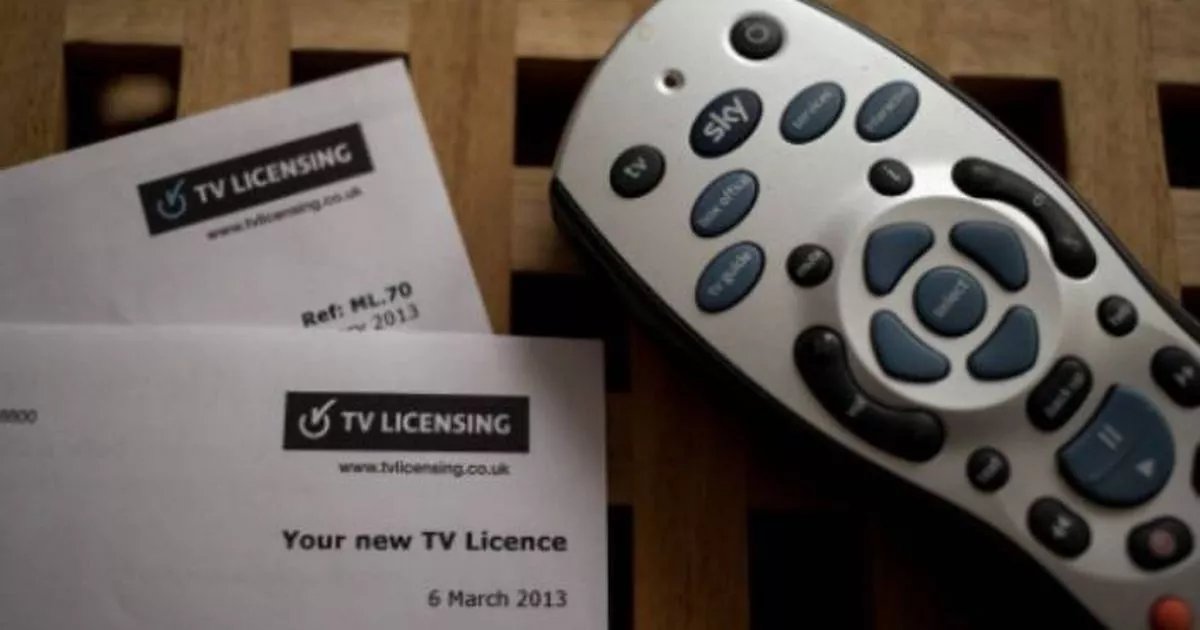The BBC TV Licence fee is increasing in April. Find out who is exempt, how to avoid the fee legally, and the consequences of non-compliance.
The BBC TV Licence fee is a recurring topic of discussion for UK households. With an expected rule change this April, many are seeking ways to either cancel their subscriptions or find exemptions. This article breaks down the upcoming changes, explores potential exemptions, and outlines how to legally avoid paying the TV Licence fee.
Upcoming Fee Increase
Starting April 1st, the BBC TV Licence fee is set to increase from £169.50 to £174.50 per year. This increase has sparked frustration among many, especially given the availability of alternative entertainment options.
Exemptions and Ways to Avoid the Fee
While the fee increase is unavoidable for many, certain individuals are exempt. State pensioners aged 75 and over can get a free TV Licence if they are claiming Pension Credit, a government benefit designed to help those of State Pension age and on a low income with living costs. The Department for Work and Pensions (DWP) estimates that applying for Pension Credit takes an average of 16 minutes.
Understanding Pension Credit
Pension Credit can provide up to £4,200 annually for eligible individuals. It boosts your weekly income to £218.15 if you’re single, or your joint weekly income to £332.95. Furthermore, Pension Credit acts as a gateway benefit, enabling those who qualify to receive help with housing costs, council tax discounts, energy bills, and, crucially, a free TV Licence.
Alternative Ways to Reduce or Avoid the Fee
For those not eligible for Pension Credit, there are alternative strategies to reduce or avoid the TV Licence fee entirely.
Multi-Occupancy Households
TV Licences are applicable per household, not per person. If you live in a multi-occupancy house, it might not be necessary for everyone to have a licence. The cost of a single licence can be split among all residents if television is viewed in a shared space or if there’s a joint tenancy agreement. However, if separate tenancy agreements are in place and you watch TV in your private room, you’ll need your own licence.
Streaming and On-Demand Services
A TV Licence is not needed to use streaming platforms like Netflix and Disney Plus, on-demand services such as All 4 and Amazon Prime Video, online videos on sites like YouTube, or DVDs and Blu-rays. If you are happy with these options and avoid watching or recording any live TV or BBC iPlayer content, you can save yourself £174.50 per year.
The Risks of Non-Compliance
It is crucial to understand the legal implications of not having a valid TV Licence. Those found to be watching or recording live TV, or using BBC iPlayer, without a licence risk prosecution and a maximum fine of up to £1,000, plus any legal costs and potential compensation.
Public Opinion and Criticism
The TV Licence fee has faced considerable criticism, with many questioning its value and the way the BBC spends its revenue. Social media platforms are filled with comments expressing frustration over the fee increase and calls for alternative funding models for the BBC. Common arguments include the rise of on-demand entertainment, the perceived political bias of the BBC, and the cost of enforcing the licence fee.
Conclusion
The upcoming increase to £174.50 has understandably prompted many to re-evaluate their need for a TV Licence. By understanding the exemptions, exploring alternative viewing habits, and ensuring compliance with the law, individuals can make informed decisions about their TV Licence requirements.
Sources: https://www.examinerlive.co.uk/news/cost-of-living/thousands-cancelling-bbc-tv-licence-31011613
https://www.birminghammail.co.uk/news/showbiz-tv/uk-households-rushing-cancel-bbc-30980660
https://www.dailypost.co.uk/news/north-wales-news/dwp-state-pensioners-taking-minutes-31011080
